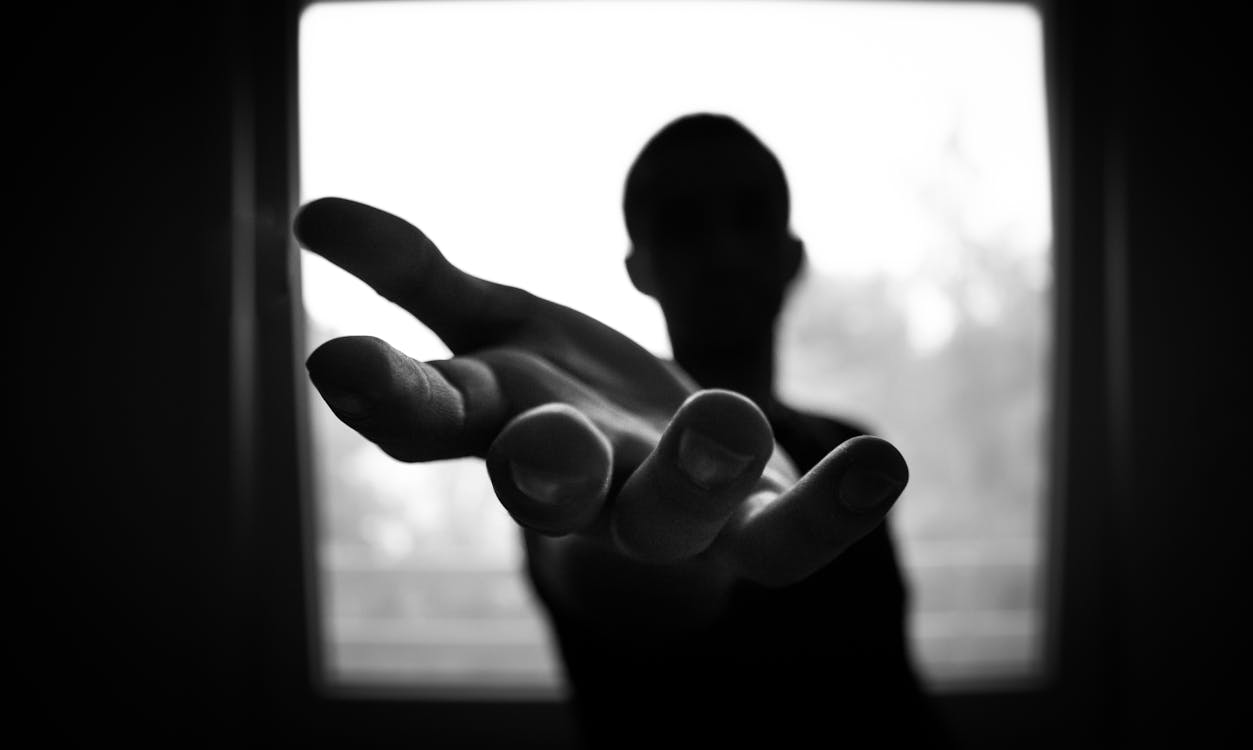Human trafficking, a heinous crime involving the exploitation and trade of individuals for various purposes, continues to plague societies worldwide. Recognising the signs of human trafficking is crucial in addressing this issue and ensuring the safety of those affected.
Let’s take a close look at human trafficking, highlight the signs to look out for, and offer detailed advice on how to report suspected cases effectively.
Understanding Human Trafficking
Human trafficking involves the manipulation and exploitation of individuals for profit, often through deceit, coercion, or force. Victims can be subjected to forced labour, sexual exploitation, or domestic servitude.
Contrary to popular belief, trafficking victims are not limited to the sex industry but can be found in various sectors, including agriculture, construction, and domestic work. Victims are often deceived about their job roles, forced to work under harsh conditions, and closely monitored by their exploiters.
Recognising Signs of Human Trafficking
Identifying potential victims of human trafficking requires an understanding of the subtle signs associated with such situations. Victims often experience a severe lack of freedom, restricted movement, and limited autonomy. They may work long hours for little or no pay, trapped in exploitative situations.
Some victims may show physical signs of abuse, such as bruises or injuries. Children are particularly vulnerable to trafficking, often displaying signs such as unexplained wealth, lack of supervision, and behavioural changes.
Seeking Help and Reporting Suspected Cases
Prompt action is essential when human trafficking is suspected. Reporting suspected cases to the authorities is crucial to ensure the safety of potential victims. Individuals witnessing trafficking-related activities should contact the police immediately by dialling 999 for emergencies or 101 for non-urgent situations. Those who wish to remain anonymous can report to Crimestoppers on 0800 555 111.
Charitable organisations also offer support and guidance to individuals concerned about human trafficking. Helplines provided by organisations such as the Salvation Army (0800 818 3733) and the Modern Day Slavery Foundation (0800 0121 700) offer assistance to those in need. The NSPCC’s helpline (0808 800 5000) provides support for cases involving children at risk of trafficking.
What Happens Next
After reporting suspected cases of human trafficking, law enforcement agencies take action to protect victims from further harm. Working with specialist organisations, authorities provide victims with practical and emotional support, including medical care and safe accommodation.
Efforts to reintegrate victims into society continue, with assistance provided for returning to their home country or staying in the UK permanently. Legal aid services are available to help victims navigate their situation and access justice.
Final Thoughts
In the collective effort to combat human trafficking, we must remain vigilant and take decisive action. By understanding the signs of trafficking and knowing how to report suspected cases, individuals can play a crucial role in protecting vulnerable members of our communities from exploitation and abuse.
However, our responsibility does not end with reporting; it extends to advocating for systemic change and supporting victims in their journey toward recovery and justice.
Collaboration between law enforcement agencies, support organisations, and charities is vital in addressing the multifaceted challenges posed by human trafficking. By working together, we can pool our resources, share expertise, and implement coordinated strategies to dismantle trafficking networks and hold perpetrators accountable for their crimes.
Together, we can build a future where human dignity is upheld, and everyone can thrive in safety and freedom.


